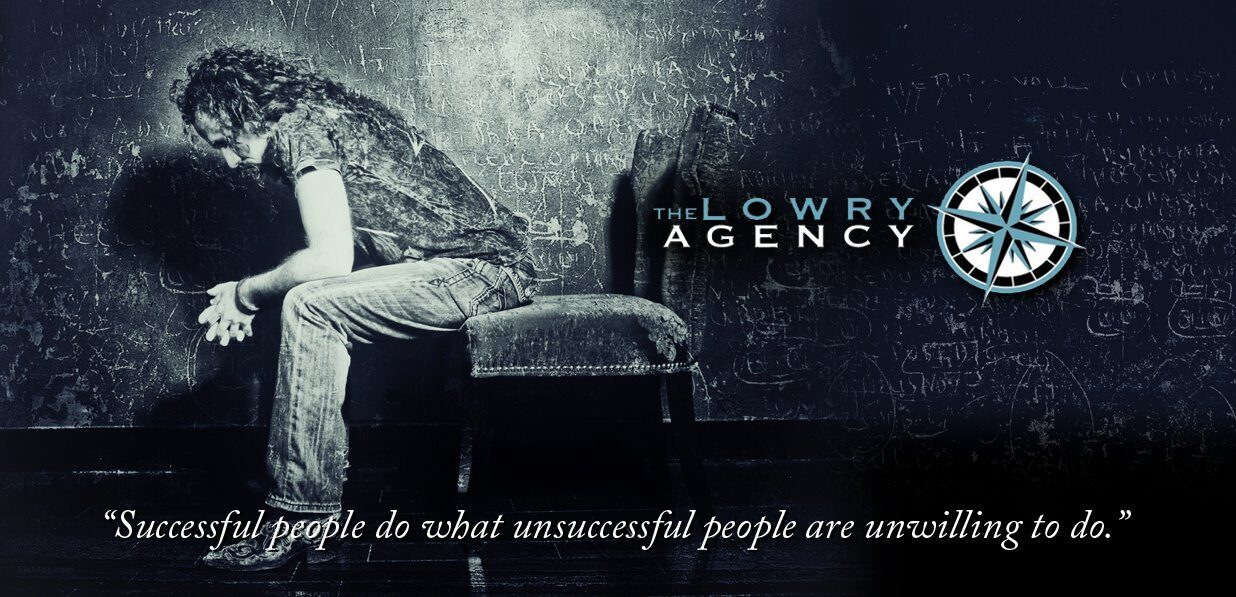Picking The Right Professional or Team for your Career
The power of social media has its pros and cons. The pros obviously are the ability to network and get your message out there. The cons are you don’t know whom you can trust. With so many people out there saying how great they are and making huge promises you have to be very careful about whom you choose to share your info with and put your hopes and dreams in the hands of. In the entertainment world it’s a crap shoot to begin with, so make sure you spend the time necessary researching the people who are offering their services to you or making huge claims about what they are going to do for you in the “industry”. Also make sure you research exactly what they do or the services they offer so you can decide if it’s really what you need as an artist.
I recently did some research on a person who claims to be in the music industry. For the past year, this person has been making huge claims about how they are going to “change” the industry with a new platform. First of all, from what I understand, a platform like the one they hope to “change the industry” with already exists. I believe in practicing what I preach, and began to research this person. I contacted a well-known, reputable friend who has been doing business on Music Row here in Nashville for more than 20 years, asking if they have ever heard of this person, their company or their work. My friend is in the same area of the business as the person who is making the claims, and my friend sent an email out to all contacts. The result is that no one had ever heard of this person who claims to be “revolutionizing the industry”. There is no bio on them, no track record, no website, no clients, no proof of anything showing that they can do what they say they can do. Even worse, they are not listed on ASCAP, BMI, SESAC, Harry Fox or Music Row as what they say they are. Now you have to be listed with at least one of the following ASCAP, BMI, SESAC or Harry Fox to be what they say they are, so this leaves you with either (a) they are a fraud, (b) they don’t know what they are doing, or (c) they are possibly operating under a different name, which also means their online presence is a lie. They have been putting together a team of people who, like them, seem to have no real track record. You can see that in how they promote themselves on the web. Don’t work for a person, or hire a person who doesn’t have their own business together with proper imaging, websites, photos, content and most important – actual proof of their work. This is the entertainment industry. Image and proof of solid work is everything for everyone, not just the artists.
When picking out people you want to work with, please review and research them in detail. Never trust an online profile that doesn’t list any information about themselves, their company or who they work for. Ask their clients if they are happy with their service and make sure they have legitimate things happening for their clients. Make sure there is a proven track record for the service they claim to provide. If they don’t have anything to show for their success then it’s a big risk. Especially pay attention to how they behave online with their twitter and other social media accounts. If they behave unprofessionally – flirt, make huge promises, offer a special free of charge opportunity to a hundred different people for months on end, make false claims against another with no proof or get involved in mud slinging then run and run fast. That is not professional behavior and they will treat anyone like that, including you. It will hurt the chances for your career to be involved with someone who behaves improperly, especially in the music industry, where the reality is that the odds are already stacked against you. If their followers or fans grow at a very slow rate, that is also a sign. It means they have nothing to offer content wise. They aren’t adding value to the industry, so know one is paying attention. It takes more than listing followers and saying nice things.
Not everyone is a huge success or a huge business, that’s not the most important issue; making things happen is what’s important, proof of work. Finding a professional or a team that is hungry and works very hard is what matters the most. Never fall for promises that are huge; this business is too hard to make any kind of claims and promises – that is the reality. When evaluating a person or company, let their work speak for them instead.
Please read our blog “It’s All About The Team Baby” by Sass Jordan, a Juno and Billboard award winning artist and former host of Canadian Idol for more on picking the right team! http://lowryagency.wordpress.com/2010/07/20/183/
Good Luck!
